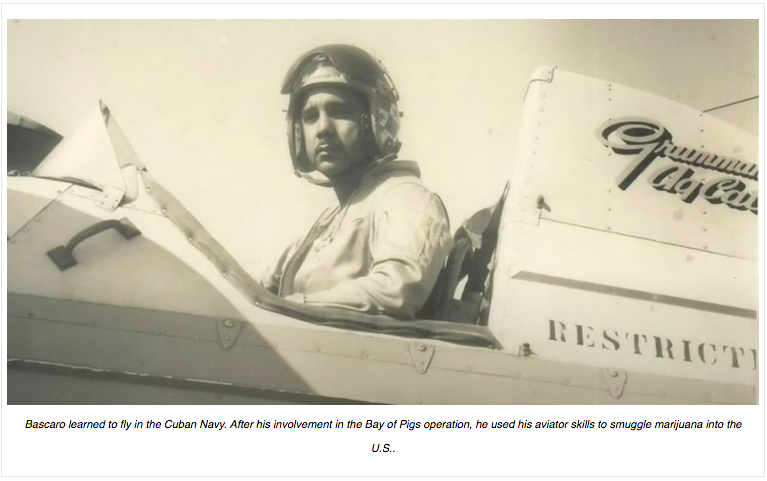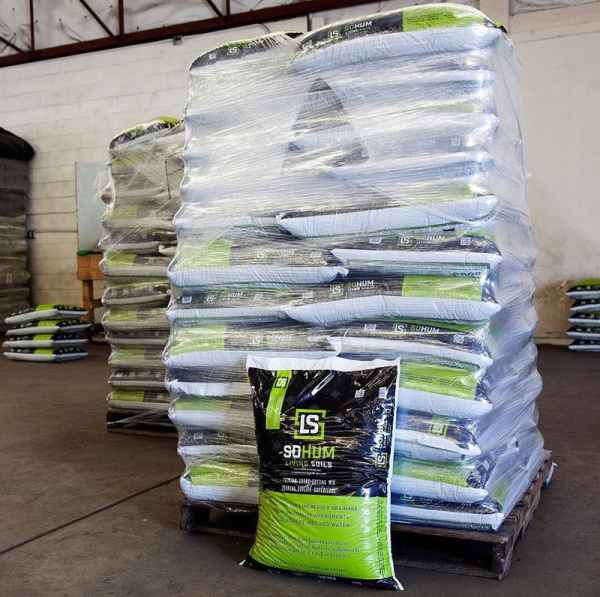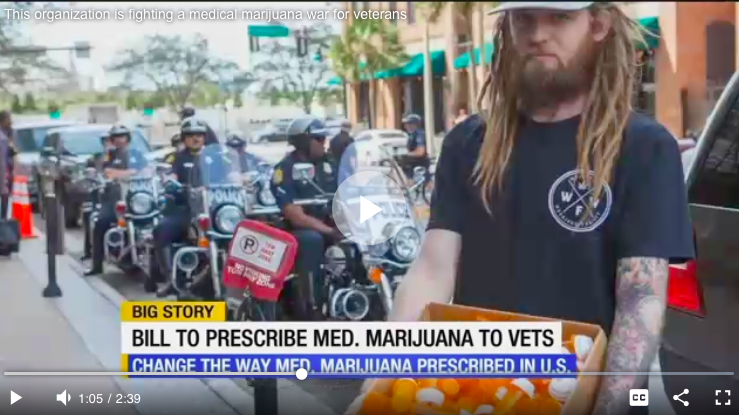Method Man is bringing his love of weed to New York’s cannabis market.
The Staten Island-based Wu-Tang Clan veteran rapper — whose lyrics often include riffs on pot — is naming his cannabis brand after his first solo album TICAL, a k a Taking into Consideration All Lives.

Method Man told The Post that his socially conscious TICAL firm in New York will aim to tackle racial injustice by offering job opportunities to residents in communities disproportionately impacted by the war on drugs.
“I’m absolutely thrilled at the prospect of bringing TICAL to New York’s newly legalized adult-use market in 2022. Our team has worked long and hard to bring the same energy, creativity and equity to this brand that I have to everything I have done throughout my career,” Method Man, whose real name is Clifford Smith Jr., said in a statement.
“I’m particularly excited about TICAL’s focus and leadership in the cannabis space in working with Black, Women and Minority-owned partners from cultivation to dispensaries.”
“We are going to lead by example and ensure that this newly created market is as inclusive as possible. We can’t right all the wrongs that disparate criminalization of cannabis has done to our communities, but we most certainly can make a down payment on the way forward with social equity, inclusion and full economic participation.”
TICAL will offer different cannabis strains including FREE M.A.C., Orange Cookie Kush, Sweet Grease, Spazzola, C.R.E.A.M., Gold Tang and Crowd Walker.

TICAL is already marketing its product in Colorado, where the first stores in the world began peddling recreational marijuana legally in 2014.
On TICAL’s Web site, Method Man says smoking reefer is ingrained in the hip-hop culture.
“To all street intellectually inclined cannabis enthusiasts who embody music, art, fashion, sneakers and subculture. We will continue the TICAL legacy by offering premium flower and spreading love throughout the community,” the site says. “We believe it’s important to provide our customers with essential products that offer healing, serenity and peace.”
Still, Albany’s dysfunction over the state’s launch of the local cannabis market has been a buzzkill for many.
Gov. Andrew Cuomo and the legislature approved a law legalizing marijuana back in March.
But the pot sales program is stuck in the weeds because of a dispute between Cuomo and fellow Democrats in the state Senate over appointments to the Cannabis Control Board and Office of Cannabis Management. Cuomo linked the cannabis appointments to a separate fight with the Senate over his leadership appointments at the MTA.
The governor’s role in the foot-dragging is apparently now moot — he announced he was resigning as governor last week after a devastating probe by state Attorney General Letitia James found he sexually harassed 11 women, including current and former staffers.
It looks like any movement on the state’s new pot-sales law will now be up to Kathy Hochul — New York’s current lieutenant governor who will take the reins of power from Cuomo when he officially steps aside Aug. 24.
State Sen. Diane Savino (D-Staten Island) said she, for one, is thrilled that Method Man is trying to be a cannabis pioneer in New York while vowing to employ local residents from disadvantaged neighborhoods.
“Method Man can serve as a mentor and model for others who want to get into the cannabis business. We need people who are serious players,” Savino said.
Read Full Story on NY POST
EDITORS NOTE: The Real Cannabis Entrepreneur Conference” is happening (Oct 15-16th) 2021 @ Renaissance Hotel (Newark, NJ) * Attend In-Person or Virtually!!!
20+ Speakers
800+ Attendees
$100 Goody Box included w/ your ticket.
1-to-1 Networking
After Parties
Attend In-Person or Virtually!
Tickets are limited click here to GET TICKETS NOW!! www.RealCannabisEntrepreneur.com













